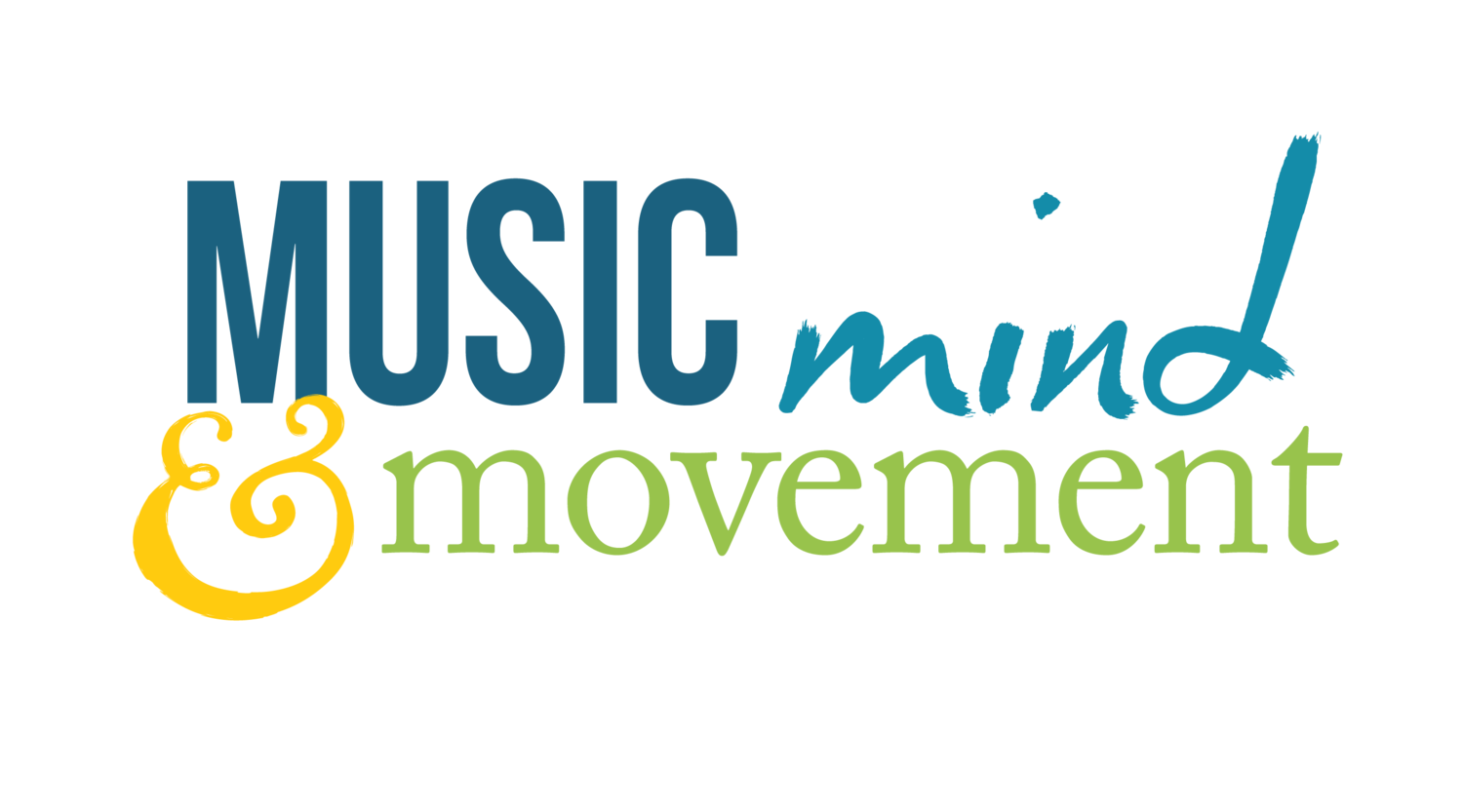It occurs to me that rather than trying to normalize the performance experience, we could try to live more fully -- to actually experience more of our lives -- everyday. I think we often flatten out our experience so that it appears to align more closely with our preferences and expectations. But what if we actually sought out and learned to be okay with more texture, more nuance, more drama? Might the performance experience seem less fraught?
All tagged popular
Dignity
Playing sloppily is undignified, yes. But, in my opinion, so is the rigid striving of perfectionism. Perfectionism is a rejection of the full expression of our humanness. As a recovering perfectionist, I know this all too well! And, in a sense, we can’t reject our own humanness without also rejecting others’. But when we embrace our our shared humanness — our capacity for greatness along with our foibles and failures — we enter into a different sort of relationship with ourselves, the music, and the audience. Through our sincere effort, clear purpose, and receptivity to the moment, we dignify each other.
Don't shoot the second arrow
In this post, I'd like to introduce you to one of my favourite metaphors for unhelpful reactivity -- the second arrow. The concept of the second arrow comes from a Buddhist parable, the gist of which is this: If you got shot with an arrow, it would be bad. It would hurt a lot and could be life-threatening. There are certain actions you would likely want to take immediately such as get the arrow out, stop the bleeding, go to the hospital, etc.
What would NOT be helpful would be to get, say, angry -- either with the person who shot you or with yourself for being stupid enough to get shot. If you did get angry, you would be in physical pain (and possibly mortal danger) AND, on top of that, you would be...well, angry, which generally doesn't feel good. So, not only would your discomfort have increased (pain of arrow + pain of being angry), but your anger would likely to distract you from taking the actions that would be most helpful.
In effect, it would be like shooting yourself with a second arrow.
Pace Yourself
I have observed over the years that many students return to school slightly less “in shape” than when they left in the spring. Lots of music students, including those who are otherwise dedicated to their development as musicians, practice all year, perform their final jury or recital, and then put the instrument in the case for the summer.
Process vs Product
In my very first post, How I Got Hooked on Mindfulness, I talked a little bit about a weird paradox that I encountered when I started practicing yoga and meditation. In both of these practices we are taught to focus on the quality of attention and presence we bring to each moment and not so much on the results of our efforts. This is called non-attachment and at first I thought it was for suckers. Focusing on process rather than product seemed to me to be, at best, inefficient and, at worst, a surefire way to encourage mediocrity.
Just Say Yes: Practicing Acceptance
One of the big goals of mindfulness practice is to learn to accept what is -- whether it's good, bad, or indifferent. (Another goal is to stop categorizing experience as good, bad, or indifferent...but we'll save that for another post...) But the whole idea of acceptance -- particularly the acceptance of mistakes, practice ruts, or poor performances -- can be a tough sell among classical musicians. After all, we attain mastery by refusing to accept anything but the very best, right? Well, that depends on how we define acceptance.
How mindfulness works
Quick recap: In Part 1, I described how I came to mindfulness practice and in Part 2, I talked about what mindfulness is and isn't. But you may be asking yourself why you should care. Great question. In this post, I'll talk a bit about how mindfulness works and why I think it can be so helpful for musicians.






